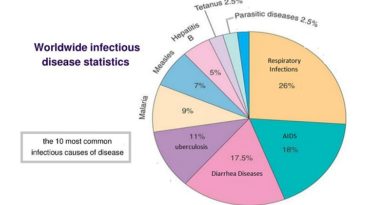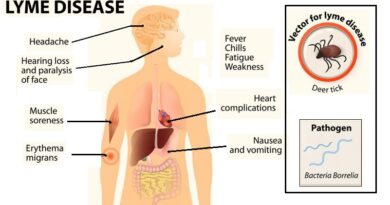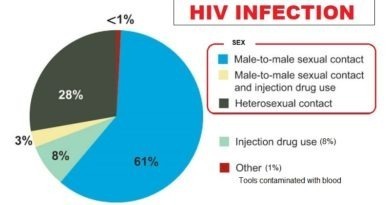Significance of the Incubation Period
Understanding the significance of the incubation period is very important. It lies in its critical role in disease control and understanding disease progression. The incubation period is a term used in the field of infectious diseases, where it means the time between exposure to infection and the appearance of symptoms. In this article, we will discuss why understanding the incubation period is important in both disease control and understanding disease progress.
Incubation Period Significance
1- Disease control:
Effective disease control is vital for containing the spread of infectious diseases and protecting public health. Identifying the incubation period for a specific disease is required for this process, as it helps public health officials implement appropriate control measures.
- Isolation or quarantine:
When a person is known or suspected to have been exposed to infection, public health workers may recommend isolation (for confirmed exposure cases) or quarantine (for suspected cases that are probably exposed) during the incubation period. These measures will prevent the spread of the disease to others, especially if the infected person has no symptoms.
Healthcare professionals and officials use this information to decide how long people need to stay away from others during an outbreak. It’s different for every condition. (SOURCE) - Contact tracing:
Knowing the incubation period also allows public health officials to conduct effective contact tracing. By identifying people who have been in close contact with an infected person during the incubation period, officials can quickly isolate or quarantine them to limit the further spread of the disease. - Public health interventions:
Also, it helps guide public health interventions, such as vaccination campaigns, travel restrictions, or mass testing efforts. These interventions can be timed and targeted more effectively when the incubation period is known.
2- Understanding disease progression:
Knowing the incubation period provides valuable insight into the natural course of an infection, which can help researchers develop effective treatments and preventive measures.
- Disease modeling:
Researchers use the incubation period to create mathematical models that predict the spread and severity of infectious diseases. These models can help guide public health officials in making informed decisions about containment measures and healthcare capacity planning. - Treatment development:
Understanding this can help in the development of new treatments and therapies. For example, antiviral medications may be most effective when administered early in the incubation period, before the virus has had a chance to multiply significantly within the host. Example of using PEP for the post-exposure prevention of HIV. - Vaccine development:
Insights into the incubation period can also aid in the development of vaccines. By understanding when an individual becomes infectious, researchers can better determine the optimal time to administer a vaccine to achieve maximum protection.
SUMMARY
The incubation period is important for two main reasons: managing diseases and understanding how they develop. The incubation period plays a significant role in both disease control and understanding disease progression. By identifying the incubation period for specific diseases, public health officials can implement appropriate control measures, and researchers can gain valuable insights that inform the development of new treatments and prevention strategies.
In short, the incubation period is important because it helps us control diseases and create better treatments to keep people healthy.




